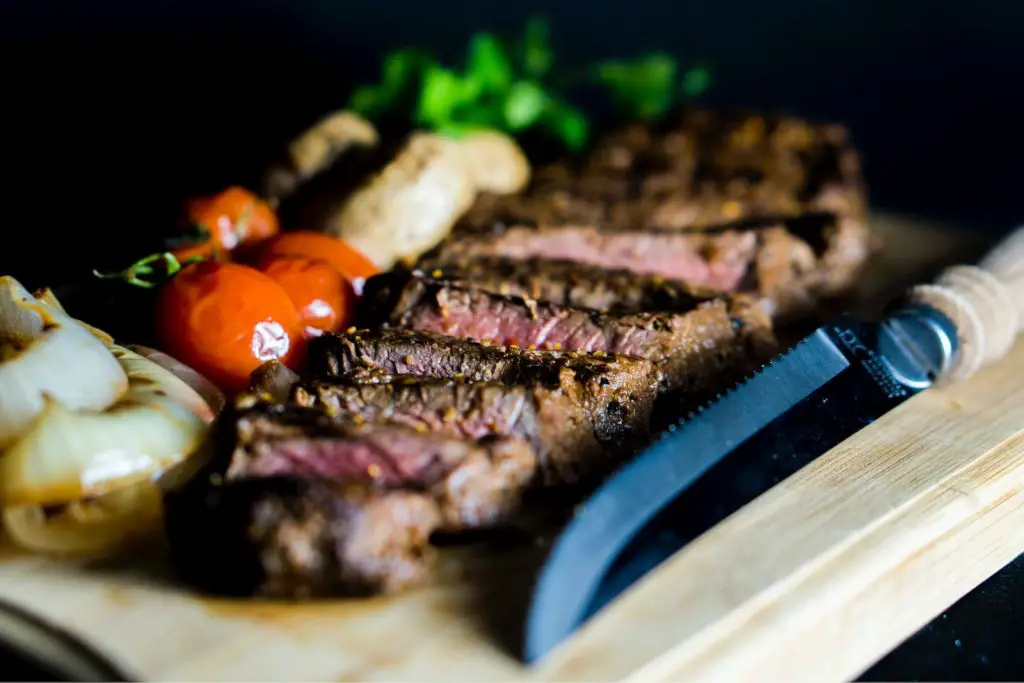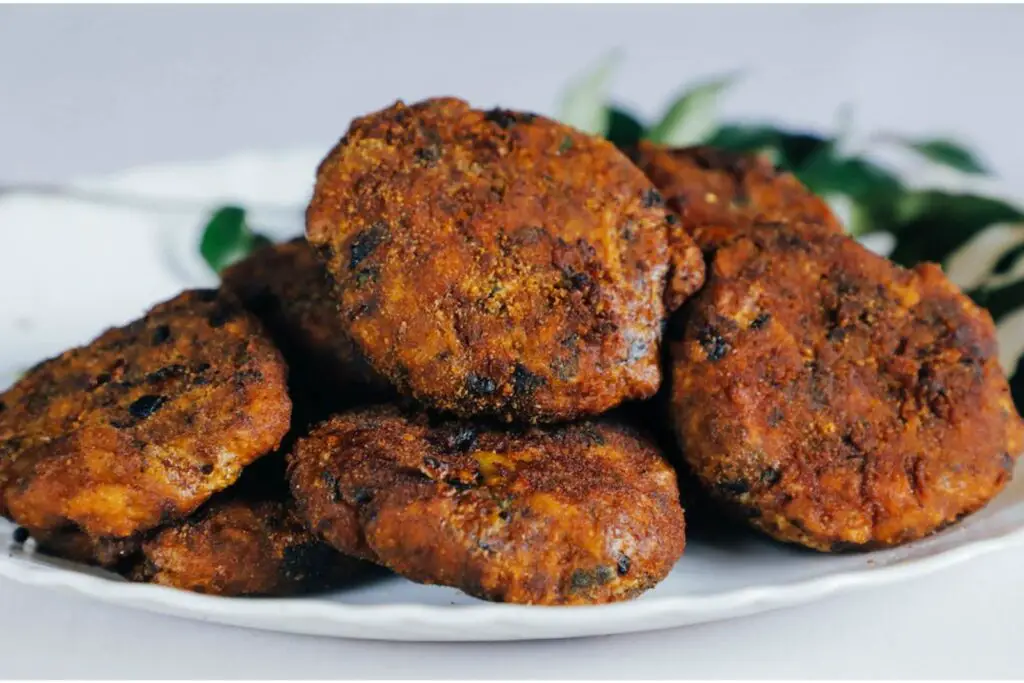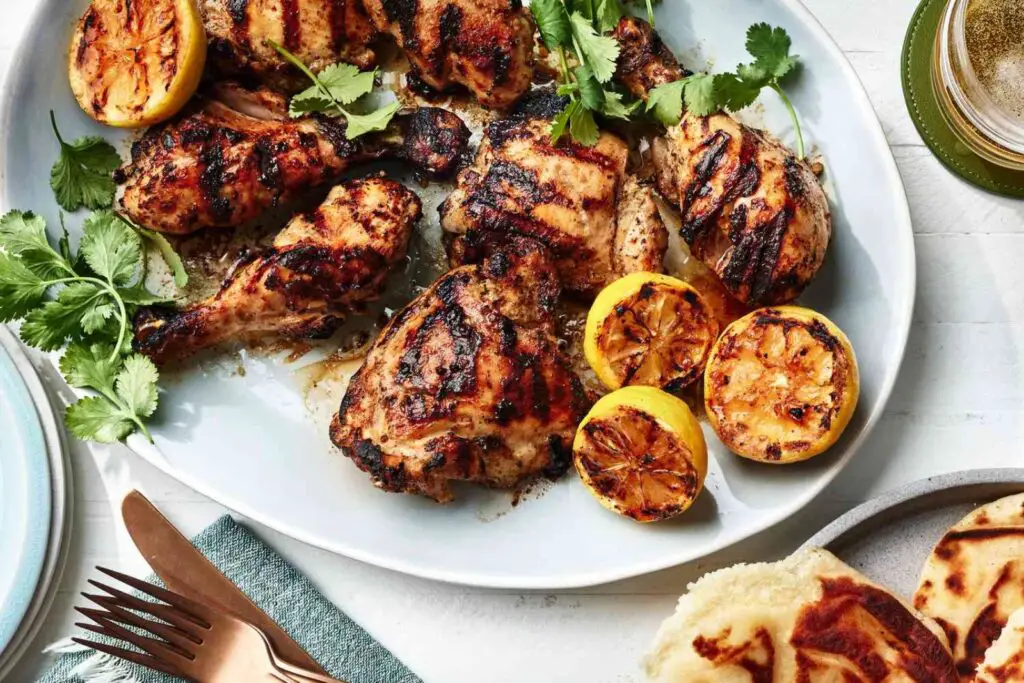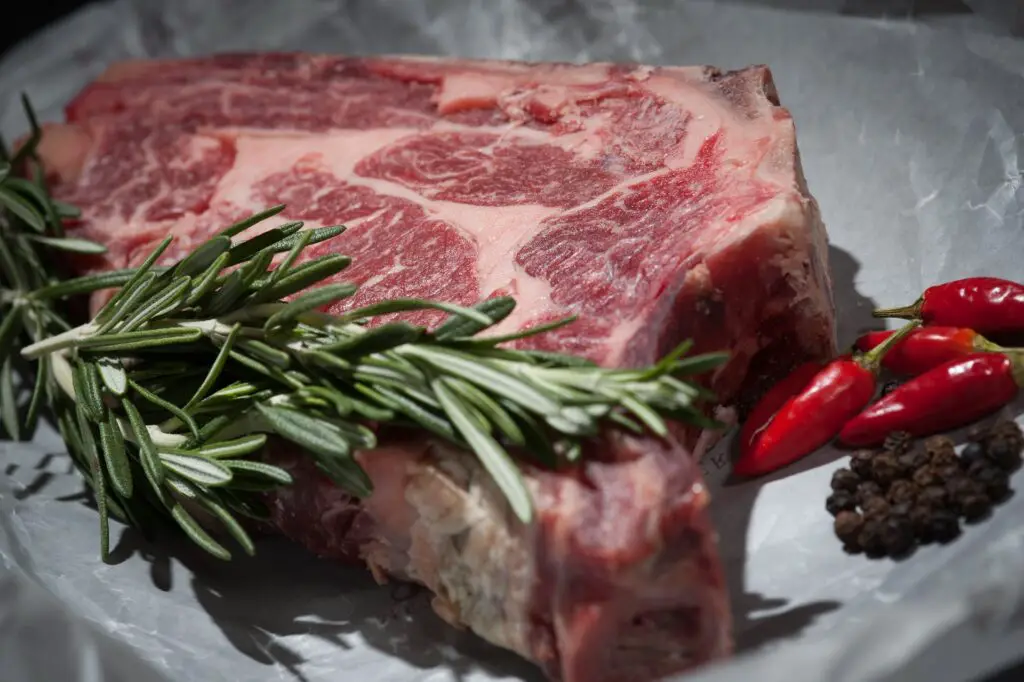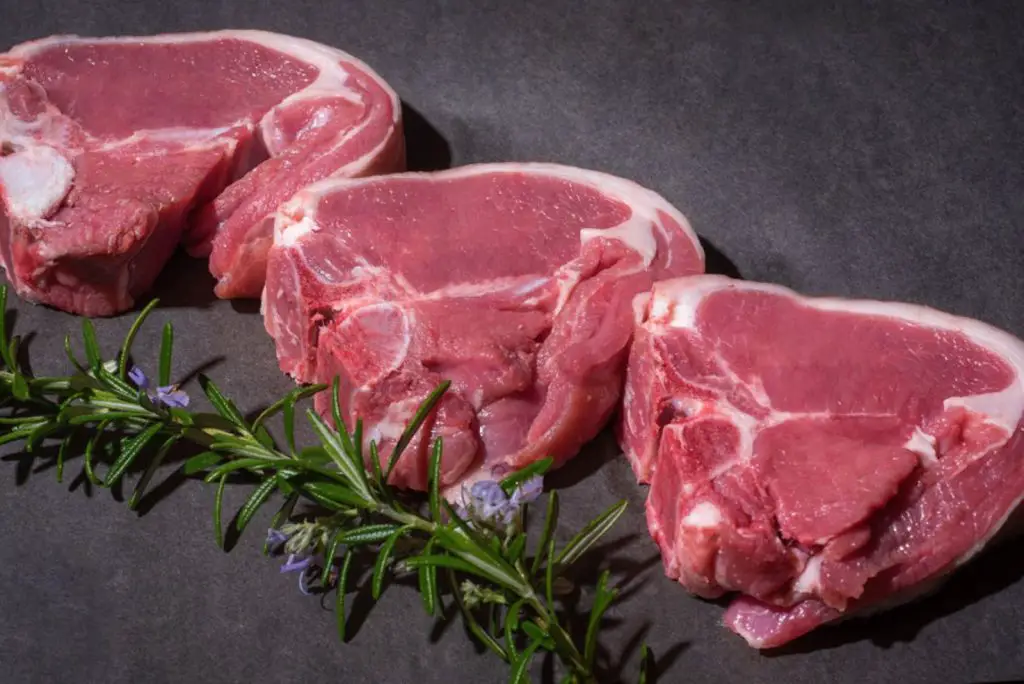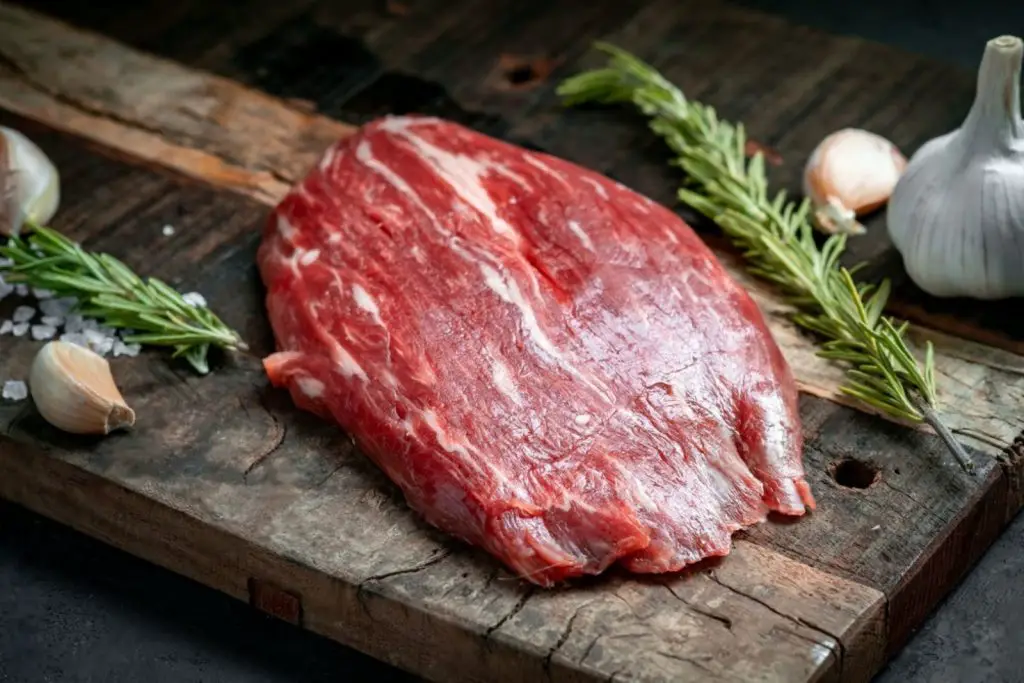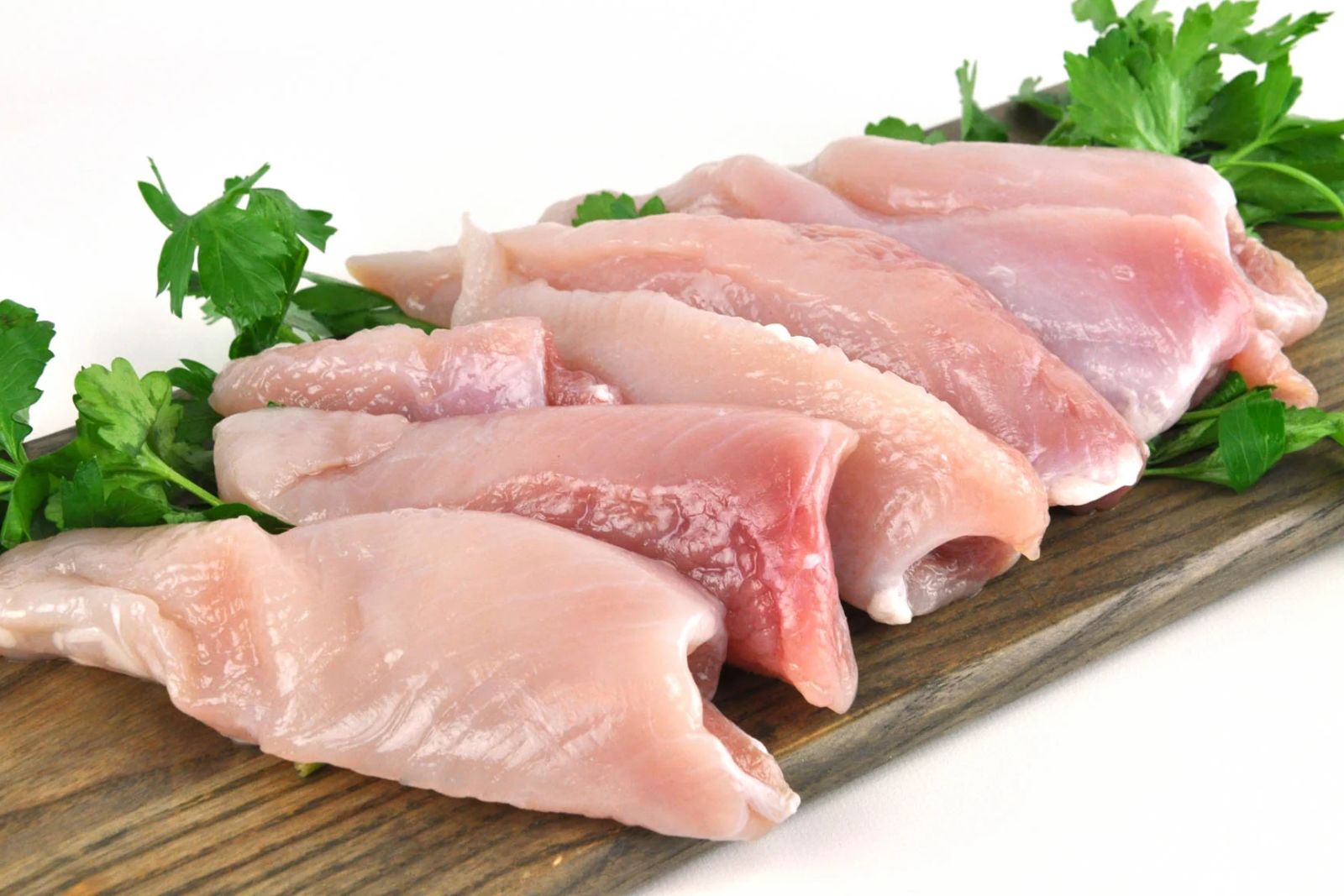
Alligator meat is a unique and exotic protein source that has gained popularity in certain culinary circles. It’s lean, flavorful, and can be used in a variety of dishes ranging from stews to sausages. Freezing alligator meat properly is essential to maintain its quality, flavor, and texture over time. Whether you’ve hunted the alligator yourself or purchased the meat, learning how to freeze alligator meat correctly can ensure that you have a delicious and exotic ingredient ready to use whenever you’re in the mood to cook up something special. This article presents a comprehensive guide on freezing alligator meat to help you preserve its taste and tenderness for future culinary adventures.
Here’s a step-by-step guide on how to freeze alligator meat:
Step 1: Select High-Quality Alligator Meat
When it comes to freezing alligator meat, the first and most crucial step is to select high-quality meat that is fresh, odorless, and has been properly prepared. Whether you’ve procured the alligator meat from a reputable supplier or harvested it yourself, ensuring its quality at this stage will significantly impact the final results of your culinary creations.
- Freshness Matters: Opt for alligator meat that is as fresh as possible. The freshness of the meat not only affects its flavor and texture but also plays a pivotal role in its safety for consumption. Fresh meat is more likely to freeze well and retain its original characteristics after thawing.
- Odor Evaluation: Take a moment to assess the smell of the alligator meat. Fresh alligator meat should have a mild, clean scent. If you detect any strong or off-putting odors, it could indicate that the meat is no longer suitable for consumption. Unpleasant odors might be a sign of spoilage or improper storage.
- Proper Cleaning: If you’ve hunted the alligator yourself, ensure that the meat has been properly cleaned. Removal of excess fat, skin, and connective tissues is essential not only for culinary reasons but also to prevent potential contamination during storage and freezing.
- Contaminant-Free: It’s crucial to ensure that the alligator meat is free from any contaminants. Check for any foreign objects or debris that might have come into contact with the meat during harvesting, handling, or transportation.
- Dressing the Meat: If you’ve harvested the alligator, dressing the meat involves removing the skin, scales, and any undesirable parts. Proper dressing not only enhances the visual appeal of the meat but also eliminates potential sources of off-flavors and textures.
- Safety Considerations: Handling wild game like alligator requires adherence to safety and health guidelines. Ensuring that the meat is properly dressed and cleaned reduces the risk of foodborne illnesses and ensures that your frozen alligator meat is safe for consumption.
Step 2: Portion and Prepare the Meat
Once you’ve selected high-quality alligator meat, the next step is to properly portion and prepare it before freezing. This step is crucial because the way you cut and prepare the meat will impact its cooking process and overall culinary experience. Properly portioned and prepared alligator meat ensures even freezing and makes it easier to use in various dishes later on.
- Intended Use Matters: Consider how you plan to use the alligator meat in your future recipes. Are you aiming for bite-sized skewers, savory sausages, or a hearty stew? The intended use will guide you in determining the appropriate portion sizes.
- Uniformity: Cutting the alligator meat into uniform portions helps ensure consistent cooking times and results. This is especially important when the meat will be used in dishes where even cooking is essential, such as sausages or kebabs.
- Cooking Considerations: The size of the meat portions will impact how they cook. Larger chunks might require longer cooking times to reach the desired level of tenderness, while smaller pieces might cook more quickly. Keep this in mind as you portion the meat.
- Ease of Use: Preparing the meat into manageable portions makes it more convenient to work with when you’re ready to cook. You won’t need to defrost an entire piece of meat if you only need a portion for a specific dish.
- Storage Efficiency: Proper portioning can also help optimize the use of freezer space. Storing neatly portioned alligator meat takes up less space and allows you to retrieve only the amount you need without disturbing the rest of the batch.
- Shape Matters: Depending on your intended use, consider the shape of the portions. For skewers, uniform strips might work best, while cubes could be suitable for stews and soups.
Step 3: Season or Marinate (Optional)
As you embark on the journey of freezing alligator meat, consider taking an optional detour to enhance its flavor potential. This step involves seasoning or marinating the meat before it enters its frozen slumber. While entirely optional, seasoning or marinating alligator meat can elevate its taste, ensuring a more exciting and flavorful experience when you eventually cook and savor it.
- Flavor Infusion: Seasoning or marinating alligator meat is an opportunity to infuse it with your favorite flavors. Spices, herbs, marinades, and rubs can add depth, complexity, and aromatic qualities to the meat, enhancing its overall taste profile.
- Customization: The choice of seasonings or marinades is entirely up to you. You can tailor the flavors to match the cuisine you plan to prepare using the alligator meat. Whether you’re leaning towards bold and spicy or subtle and herbaceous, the options are vast and versatile.
- Tenderizing Effect: Certain marinades can also have a tenderizing effect on the meat. Acids in marinades, like citrus juices or vinegar, can help break down the meat’s fibers, potentially leading to a more tender texture when cooked.
- Time for Infusion: If you decide to marinate the alligator meat, allow enough time for the flavors to fully penetrate the meat. Depending on the recipe and the intensity of the flavors, marinating times can vary from a few hours to overnight.
- Marinating Tips: To marinate alligator meat effectively, place it in a resealable plastic bag or a shallow dish, ensuring that the marinade fully coats the meat. Seal the bag or cover the dish and refrigerate it for the specified marinating time.
- Labeling: If you choose to season or marinate the alligator meat before freezing, make a note of the seasonings or marinade you used. Labeling the bags or containers will help you recall the intended flavors when it’s time to cook.
Note of Caution: When using acidic marinades, avoid over-marinating. Excessive exposure to acids can lead to a mushy texture and alter the overall quality of the meat.
While seasoning or marinating alligator meat is not a mandatory step, it presents an opportunity to unleash your culinary creativity and add a personal touch to your frozen ingredient. By experimenting with flavors and allowing the meat to absorb them, you’re laying the groundwork for a delightful gustatory experience that awaits you in the future.
Step 4: Wrap and Seal
Now that you’ve taken care of enhancing the flavor potential of your alligator meat, it’s time to safeguard its quality for the journey into the freezer. Individually wrapping and sealing each portion of alligator meat might seem like a simple task, but it plays a crucial role in preserving the meat’s texture, taste, and overall integrity during the freezing process.
- Protection from Freezer Burn: Freezer burn occurs when the surface of the meat is exposed to air, leading to dehydration and a change in texture. Wrapping each portion of alligator meat creates a barrier that prevents direct contact with the cold, dry air of the freezer.
- Minimization of Air Exposure: Air exposure can lead to the development of ice crystals on the meat’s surface, which can negatively affect its quality. By wrapping the meat tightly, you’re minimizing the chance of ice crystal formation.
- Prevention of Odor Absorption: Alligator meat, like other proteins, can absorb odors from its surroundings. Wrapping the meat individually prevents it from picking up unwanted odors from other items in the freezer.
- Easy Retrieval: Individually wrapped portions are not only better protected but also easier to manage when you’re ready to use them. You can retrieve only the amount you need without disturbing the rest of the frozen meat.
- Materials Matter: Choose appropriate wrapping materials, such as plastic wrap or aluminum foil. These materials are designed to provide a protective layer without imparting any unwanted flavors to the meat.
- Technique: When wrapping the alligator meat, ensure that there are no air pockets or gaps in the wrapping. Press the wrap or foil tightly against the meat’s surface to create a snug and secure seal.
- Labeling: Before sealing, consider labeling each wrapped portion with a marker. This can be especially helpful if you’ve used different seasonings or marinades for various portions.
- Storage Efficiency: Individually wrapped portions also allow for more efficient use of freezer space. You can stack and organize the portions without worrying about them sticking together.
Can I freeze alligator meat directly in its original packaging?
It’s recommended to rewrap alligator meat in plastic wrap or aluminum foil before freezing. Original packaging may not provide adequate protection against freezer burn.
Step 5: Arrange in Freezer-Safe Containers
With your alligator meat portions thoughtfully wrapped and protected, it’s time to carefully nestle them into their frozen haven. Proper storage is essential to maintain the meat’s pristine condition and ensure it remains a flavorful ingredient for your future culinary endeavors. Here’s how to arrange your wrapped alligator meat portions in freezer-safe containers:
- Preservation and Protection: Freezer-safe containers are designed to withstand the cold temperatures of the freezer without becoming brittle or cracking. They provide an additional layer of protection against temperature fluctuations and potential damage.
- Avoiding Freezer Burn: Placing individually wrapped alligator meat portions in containers helps shield them from direct exposure to the cold, dry air inside the freezer. This extra layer of insulation reduces the risk of freezer burn, which can degrade the meat’s quality.
- Minimizing Air Exposure: When arranging the wrapped portions in containers, make sure to press out as much air as possible from both the packaging and the container. Excess air can lead to the formation of ice crystals and impact the texture of the meat.
- Resealable Plastic Bags: If you opt for resealable plastic bags, choose high-quality ones that are designed for freezer use. Squeeze out the air before sealing the bags to create a snug fit around the meat.
- Container Choice: If using containers, ensure they have a secure lid that provides an airtight seal. This prevents any moisture or air from entering the container and affecting the meat’s quality.
- Organized Storage: Arrange the wrapped alligator meat portions in an organized manner within the containers. This not only optimizes the use of space but also makes it easier to retrieve specific portions without disturbing the others.
Is it safe to freeze alligator meat from a can or vacuum-sealed pack?
Canned or vacuum-sealed alligator meat is typically safe to freeze, but it’s advisable to transfer it to airtight containers or rewrap before freezing to ensure quality and prevent cross-contamination.
Step 6: Label and Date
As you embark on the freezing journey with your alligator meat, it’s important to keep track of its frozen timeline. Labeling and dating each container or bag might seem like a small detail, but it serves as a critical reference point that ensures your frozen alligator meat is used at its peak quality and safety. Here’s why labeling and dating are essential:
- Preservation Timeframe: Alligator meat, like any other perishable food item, has a limited freezer life. Labeling each container or bag with the date of freezing provides you with a clear reference of how long the meat has been stored. This knowledge helps you plan your meals and prevents using meat that might have been stored for too long.
- Quality Control: Over time, frozen meats can lose their optimal texture, flavor, and overall quality. By labeling and dating, you can make informed decisions about whether the alligator meat is still suitable for your desired culinary applications.
- Rotating Stock: If you freeze different batches of alligator meat over time, labeling ensures that you use the older batches before the newer ones. This practice follows the principle of “first in, first out” (FIFO) and helps you avoid having meat stored for extended periods.
- Safety Awareness: Consuming frozen meat beyond its recommended storage time can potentially compromise food safety. Labeling and dating allow you to identify any portions that have exceeded their recommended storage duration and discard them if necessary.
- Meal Planning: Knowing the date of freezing and the contents of each container helps you plan meals effectively. You can match the alligator meat portions with specific recipes, ensuring that you’re prepared for a delicious culinary adventure when you need it.
- Quick Identification: When you’re in a hurry to defrost a particular type of alligator meat or find a specific portion, clear labeling makes the process much more efficient.
- Labeling Technique: Use a permanent marker to write the freezing date and a brief description of the contents on the containers or bags. Make sure the labeling is legible and won’t easily smudge or fade over time.
- Storage Organization: By labeling, you’re enhancing your overall freezer organization. You’ll be able to quickly identify different portions and batches of alligator meat without having to open every container or bag.
Step 7: Freeze
With your alligator meat expertly wrapped, portioned, and labeled, it’s time to usher it into its chilly sanctuary—the freezer. Proper freezing is the key to preserving the alligator meat’s quality, taste, and safety for the duration of its storage. Here’s why this step is crucial:
- Rapid Freezing: Placing the labeled containers of alligator meat in the coldest part of the freezer ensures rapid freezing. Rapid freezing helps maintain the integrity of the meat’s cells, preventing large ice crystals from forming that could damage its texture.
- Preservation of Freshness: Quick freezing minimizes the risk of ice crystals forming within the meat. These ice crystals can rupture cell membranes and lead to moisture loss upon thawing, resulting in a loss of flavor and tenderness.
- Safety Assurance: Freezing meat at temperatures of 0°F (-18°C) or lower is essential for food safety. At these temperatures, the growth of harmful microorganisms is significantly slowed down, ensuring that the alligator meat remains safe to eat throughout its frozen storage.
- Maintaining Quality: The rapid freezing process helps preserve the natural moisture content of the meat, which contributes to maintaining its texture and flavor. When you eventually cook the meat, you’ll notice the difference in tenderness and succulence.
- Avoiding Temperature Fluctuations: The coldest part of the freezer is typically in the back and away from the door. Placing the labeled containers there helps minimize temperature fluctuations that could occur when the freezer door is opened frequently.
- Frost Buildup Prevention: Proper freezing helps prevent frost buildup on the meat’s surface, which can lead to freezer burn. This is why tightly wrapping and labeling each portion is also crucial—these measures prevent moisture loss and protect against frost formation.
- Storage Organization: Storing the labeled containers of alligator meat in an organized manner makes it easier to locate specific portions when you need them. It also optimizes the use of freezer space.
- Maintaining Safety and Quality: Consistently maintaining a temperature of 0°F (-18°C) or lower is crucial for both food safety and the quality of the alligator meat. Periodic checks of your freezer’s temperature are advisable to ensure it remains within the safe range.
How long can alligator meat last in the freezer?
Alligator meat can last in the freezer for up to 6-12 months when stored at a consistent temperature of 0°F (-18°C) or lower. Properly wrapped and labeled portions maintain optimal quality. Adhering to recommended storage times ensures flavor and texture preservation.
Step 8: Thaw and Cook
As the moment of culinary creation approaches and you’re eager to unlock the potential of your frozen alligator meat, it’s essential to approach the thawing and cooking process with care and consideration. Proper thawing and cooking methods are crucial for preserving the meat’s texture, taste, and safety. Here’s why these steps matter:
Thawing with Caution:
When transitioning the frozen alligator meat from freezer to plate, take the following steps:
- Refrigerator Thawing: The best way to thaw alligator meat is to transfer it from the freezer to the refrigerator. This slow and gentle thawing process prevents rapid temperature changes that can negatively affect the meat’s texture and moisture content.
- Avoiding Hot Water and Microwave: Steer clear of using hot water or the microwave for thawing. Rapid thawing methods can lead to uneven thawing, partial cooking, and a loss of the meat’s natural juices.
- Patience Pays Off: Depending on the thickness of the meat portions, thawing may take several hours or overnight. Planning ahead ensures that the meat is fully thawed and ready for cooking when you need it.
Cooking Creativity:
Once your alligator meat is fully thawed, the culinary canvas is yours to paint. Here’s why cooking is the final and exciting chapter of this freezing adventure:
- Texture and Flavor Elevation: Proper freezing and thawing methods have preserved the meat’s natural qualities, and now it’s time to let those qualities shine through. Alligator meat’s unique texture and subtle flavor make it a versatile ingredient in various dishes.
- Versatile Preparation: Alligator meat can be cooked using a range of techniques, from grilling and sautéing to stewing and frying. Its firm texture and mild flavor make it adaptable to a variety of recipes.
- Culinary Exploration: Experiment with different spices, marinades, and cooking methods to discover how alligator meat can enhance your culinary creations. Whether you’re aiming for a Louisiana-style gumbo or a unique grilled skewer, the possibilities are boundless.
- Focus on Timing: Be mindful of cooking times, as alligator meat can become tough if overcooked. Follow recipes or guidelines for cooking times and temperatures to achieve the desired level of tenderness.
- Presentation and Enjoyment: Once your alligator meat is cooked to perfection, present it in a way that showcases its qualities. The exotic nature of the meat can make your dish a talking point at any gathering.
Other related questions
Can I refreeze alligator meat?
Yes, you can refreeze alligator meat if it has been thawed in the refrigerator and not left at room temperature for more than 2 hours. However, each freeze-thaw cycle can affect texture. It’s best to cook thawed meat before refreezing to maintain quality.
How do I know if the alligator meat has gone bad after being frozen?
Signs of bad alligator meat include off-putting odor, unusual color changes, freezer burn, and slimy texture. If it has been frozen beyond recommended time (6-12 months), quality might decline. If unsure, prioritize safety and discard if characteristics seem compromised.
Can I freeze alligator meat that has been cooked?
Yes, cooked alligator meat can be frozen. Allow it to cool before wrapping and freezing to maintain quality. However, note that some texture changes might occur upon reheating.
Can I freeze alligator meat with bones?
Freezing alligator meat with bones is possible, but it’s essential to wrap and protect the meat well to prevent freezer burn and maintain quality. Consider removing bones for more efficient storage.
Can I vacuum-seal alligator meat for freezing?
Vacuum-sealing is a great option for alligator meat. It removes air, minimizing the risk of freezer burn. However, be cautious with seasoning or marinating beforehand, as vacuum-sealing can intensify flavors
Is it okay to freeze alligator meat caught in the wild?
Alligator meat harvested from the wild can be frozen, provided it’s properly cleaned and dressed. Ensure it’s free from contaminants and follow freezing guidelines for quality preservation.

